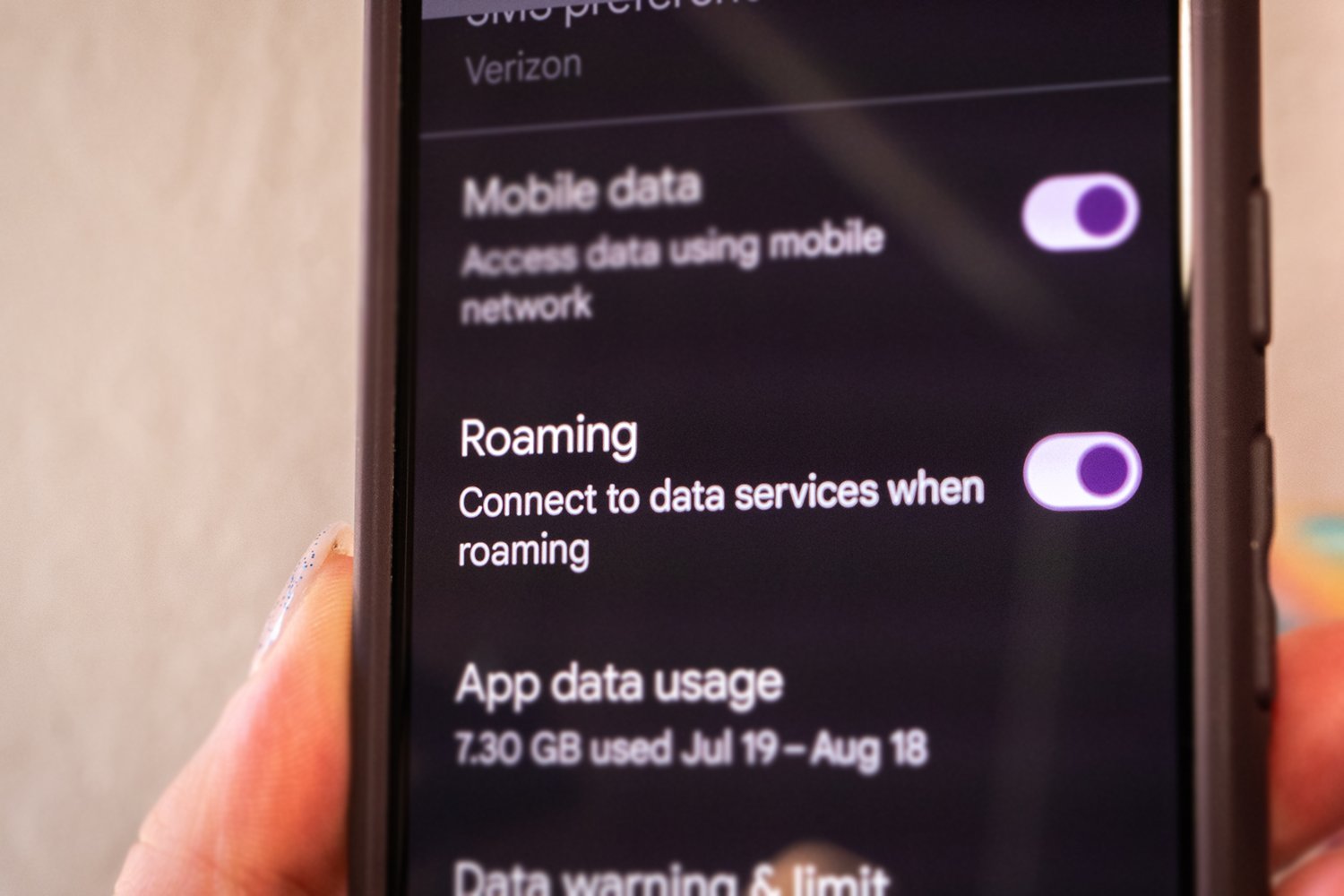T-Mobile screwed over millions of customers when it collected their geolocation data and sold it to third parties without their consent. Now, two of these customers are trying to pursue a class-action lawsuit against the company for the shady practice, but the telecom giant is using another shady practice to force them to settle their dispute behind closed doors.
On Monday, T-Mobile filed a motion to compel the plaintiffs into arbitration, which would keep the complaint out of a public courtroom. See, when you sign a contract or agree to a company’s terms of service with a forced arbitration clause, you are waiving your right to a trial by jury and oftentimes to pursue a class-action lawsuit at all. Settling a dispute in arbitration means having it heard by a third party behind closed doors. And an arbitration clause is buried in T-Mobile’s fine print.
https://gizmodo.com/alexas-sneaky-fine-print-could-prevent-millions-from-su-1834930270
T-Mobile’s terms of service state that customers do have the option to opt out of arbitration, which is buried within the agreement and states that they “must either complete the opt out form on this website or call toll-free 1-866-323-4405 and provide the information requested.” They also only have 30 days to do so after they have activated their service. After that brief time period, users are no longer eligible to opt out.
The plaintiffs, Shawnay Ray and Kantice Joyner of Maryland, filed the class-action complaint against T-Mobile in May. Verizon, Sprint, and AT&T were all also hit with lawsuits that same month for selling customer location data. “The telecommunications carriers are the beginning of a dizzying chain of data selling, where data goes from company to company, and ultimately ends up in the hands of literally anybody who is looking,” the complaint against T-Mobile states. The comment is largely referring to a Vice investigation that found that the phone carriers sold real-time location data to middlemen and that this data sometimes eventually ended up with bounty hunters.
If allowed to move forward, the class-action would apply to all T-Mobile customers in the U.S. between May 3, 2015, and March 9, 2019. That includes at minimum 50 million people, according to the complaint, which also adds that bringing together such a massive group of people is “clearly impracticable.”
A class-action would allow any current or former customer whose personal data was improperly handled by T-Mobile to join in on the suit and have it heard by a jury in court. But arbitration effectively diminishes the power of the people by stripping them of their right to collective action and keeping the resulting agreements out of the news. In short, T-Mobile’s push to bring this case into arbitration would repress any joint efforts to hold the company publicly accountable for the data-selling scandal.
“As corporations get bigger and bigger and bigger, all of them are going to clearly take advantage of these types of clauses,” Jason Fuiman, an attorney whose practice specializes in labor law and who often represents unions and employees in arbitrations against employers, told Gizmodo in May, referring to consumer arbitration clauses, “and we are going to lose a lot of the policing mechanism that we’ve come to sort of rely on, which is these large class-action cases.”
T-Mobile, as well as other massive corporations, can lean on this mechanism to legally prevent individuals from both grouping together under a common mission as well as shield disputes from the public—just as Amazon has done with its terms of service, for example. “A lot of wrongdoing and harmful practices get protected or suppressed as a result of that,” Deepak Gupta, an attorney teaching a forced arbitration seminar at Harvard Law School, told Gizmodo in May.
We have reached out to T-Mobile for comment on why it has an arbitration clause in its terms of service, why users only have 30 days to opt out, and why it is forcing this particular class-action into arbitration. We will update with any response we receive.














